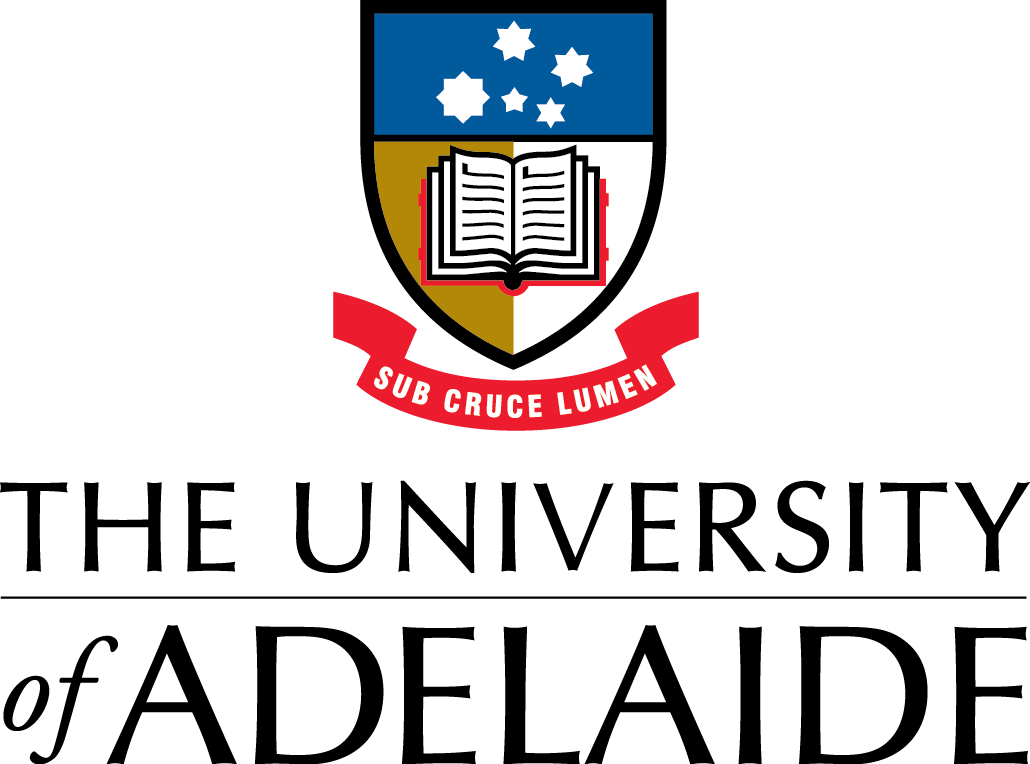Space Plants for Earth's Future
Sustaining a long-term human presence in space
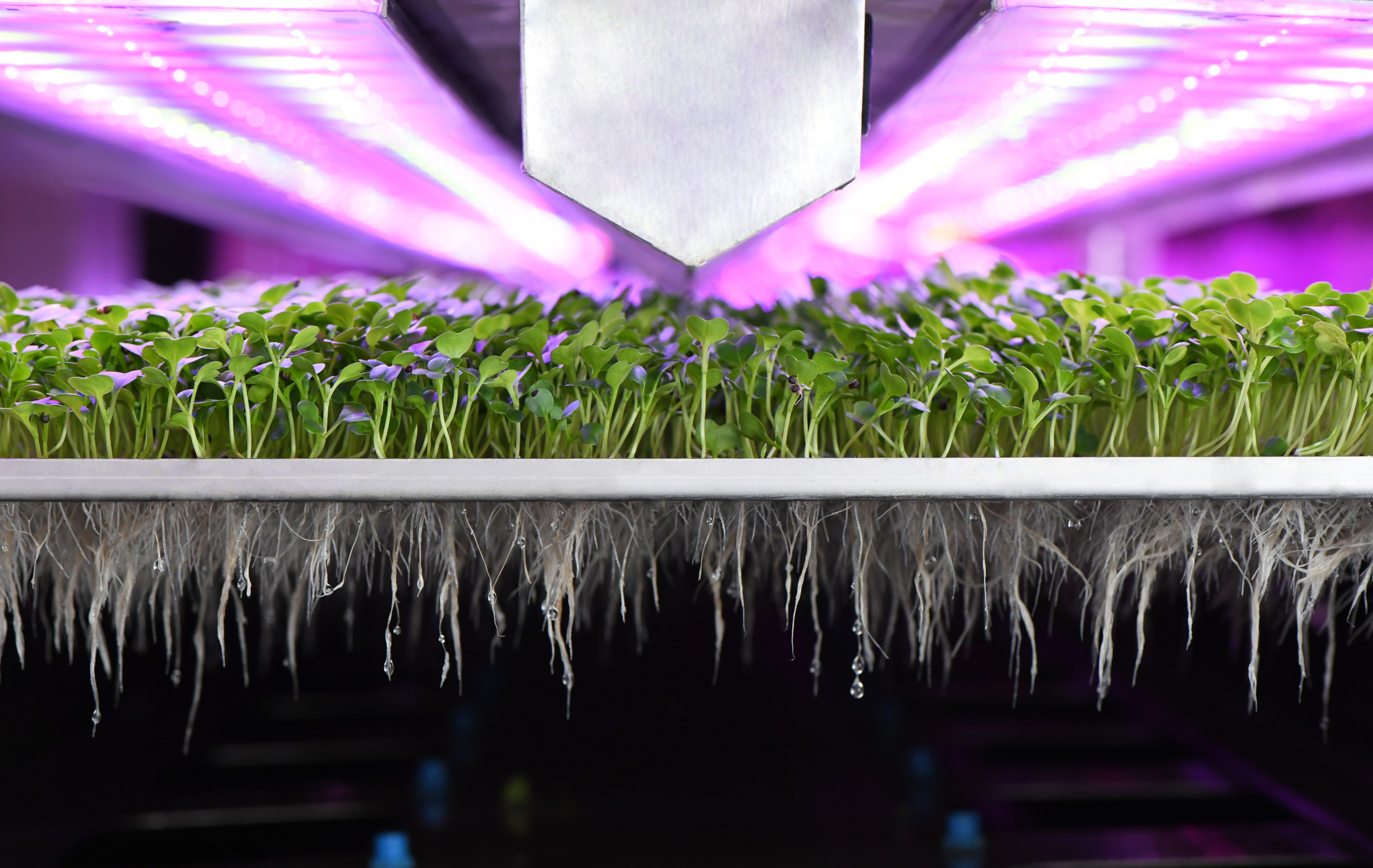
Deep space exploration is taking a giant leap into the future. NASA’s plans are taking shape for a permanent human presence on the Moon, which will be used as a jumping-off point for forays to Mars and, possibly, beyond.
The feasibility of deep space travel depends on many factors that have yet to be solved. How do you provide hungry astronauts with sufficiently nutritious and varied foods to maintain physical and mental well-being? Or when months away from Earth, how do you quickly provide essential commodities that might be needed in emergencies, such as medicines or materials?
These questions amplify and force us to think differently about the sustainability challenges we face in food and biomaterial production here on Earth. Space imposes the constraints of a truly closed environment on our research and will push us to uncover novel solutions for sustainable agriculture. Space research already has a track record of unexpected innovations that benefit our everyday lives, from camera phones to air and water filters, LED lights for plant growth, and solar panels.
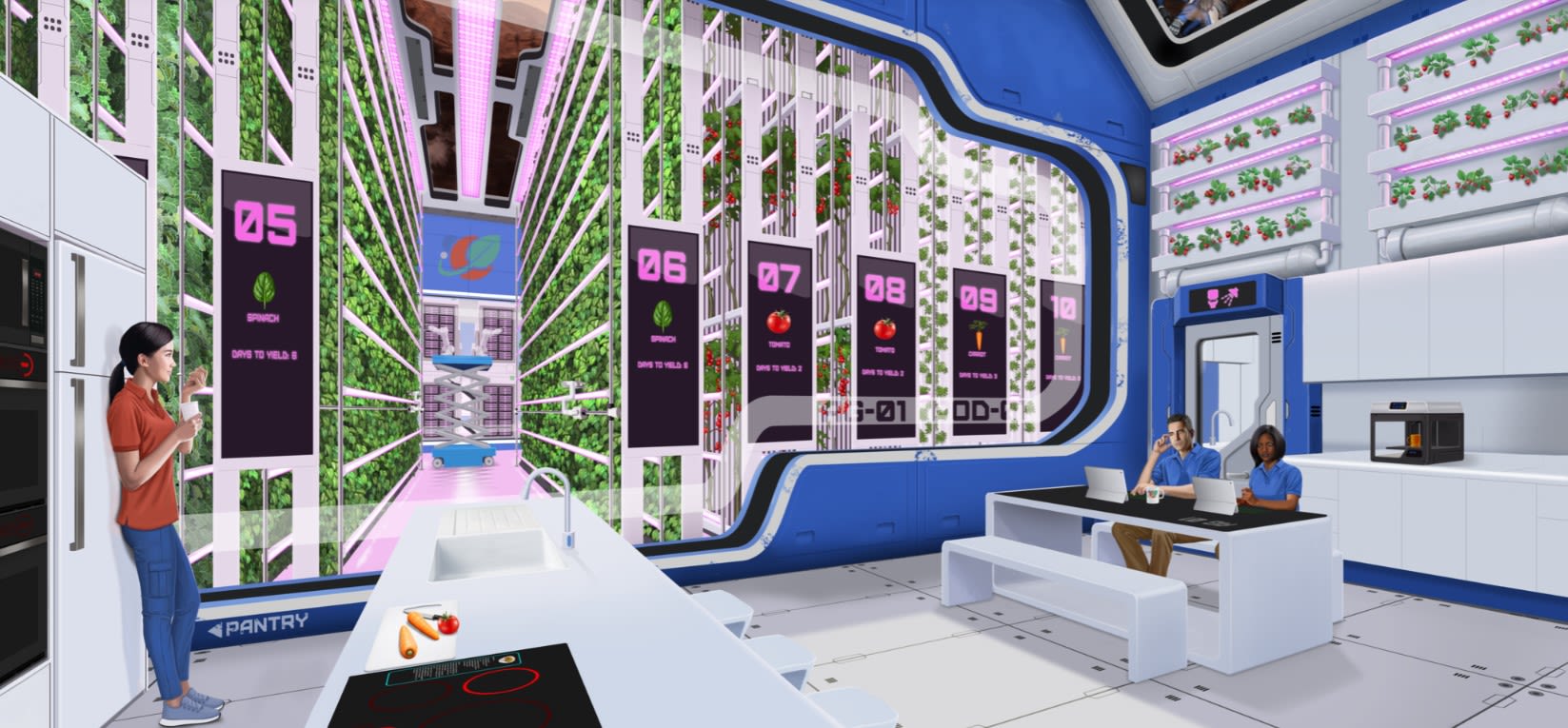
Artist's impression of a Mars living environment. Image: Bruce Moffett / University of Adelaide
Artist's impression of a Mars living environment. Image: Bruce Moffett / University of Adelaide
In the 2015 movie The Martian, adapted from the novel by Andy Weir, Matt Damon’s character Mark Watney successfully grew potatoes to help sustain him during an unexpected lengthy stay on Mars. But how feasible is growing plants in space?
Agricultural experts at the University of Adelaide in Australia and their colleagues believe they have the right stuff to take on the challenge of turning science fiction into fact. And like Mark Watney, they plan to “science the sh** out of it”.
Recently given the green light with funding from the Australian government, the Australian Research Council (ARC) Centre for Excellence in Plants for Space (P4S), led by the University of Adelaide, will help to establish a long-term human presence in space while developing innovations with near-term benefits on Earth.
“The mission of P4S is to re-imagine plant design and bioresource production, through the lens of space, to enable off-Earth habitation and to provide transformative solutions for on-Earth sustainability,” said the University of Adelaide’s Professor Matthew Gilliham, Director of the new Centre of Excellence.
“P4S research will create the flexible, plant-based solutions needed to support human physical and psychological well-being during deep space travel and settlement, and to feed the rapidly growing controlled environment agriculture and biomanufacturing industries here on the ground.”
P4S is a major global collaborative transdisciplinary venture partnering 38 entities comprising academic institutions, private companies, government agencies, and technology partners that collectively harness a global fit-for-purpose critical mass not found elsewhere. These include NASA, the Australian Space Agency (ASA), the German Space Agency, the Universities of California, Cambridge, Wisconsin, Nottingham, and Arizona, Rice University, and four Australian university partners (Melbourne, La Trobe, Flinders, and Western Australia).
Pushing the boundaries of agricultural research is not a foreign concept to Australian P4S scientists. Drought, heat, flood, and saline soils are common challenges to successful growth of crops in one of the harshest environments on Earth.
“Work undertaken by the Centre will also deliver an improvement in plant efficiency, productivity, and processing technologies here on Earth,” said Professor Gilliham.
The University of Adelaide is well-placed to lead the P4S Centre, with a long history of world-leading agricultural research at its Waite campus. Applied research outcomes like new crop varieties, more effective pesticides, better irrigation practices and production of alternative food sources have been adopted by scientific and agricultural communities across Australia and around the world.
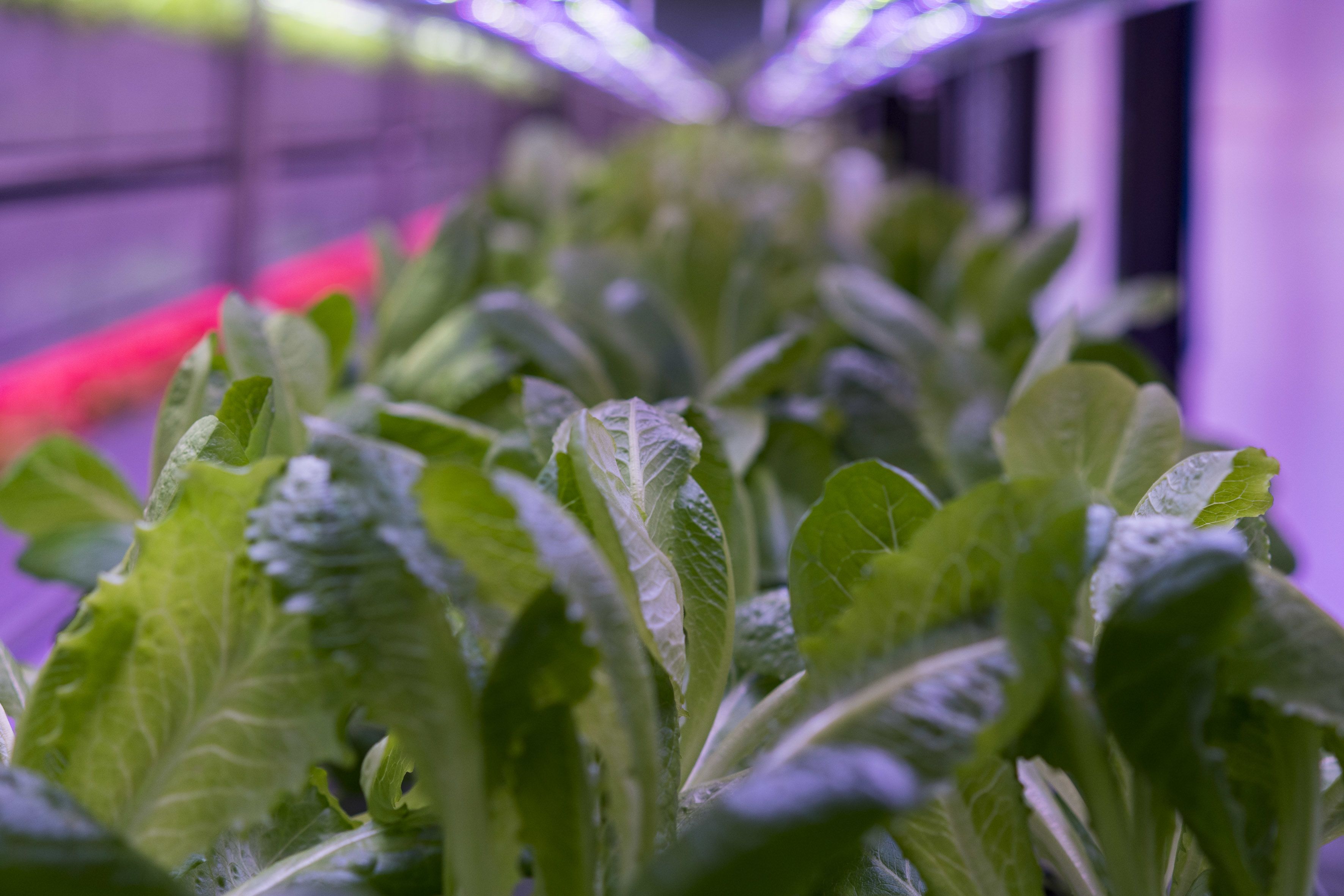
NASA Administrator Senator Bill Nelson visited the University of Adelaide in March to learn more about P4S and its diverse expertise across plant, food and nutrition science, psychology, process and systems engineering, law, and education and outreach. NASA and P4S will partner to develop complete nutrition solutions and on-demand bioproduction (including medicine and plastics) technologies needed in deep space to break dependence upon resupply from Earth. These activities will also feed the rapidly growing biomanufacturing industry on Earth with more sustainable and scalable practices and inspire STEM professionals for decades to come.
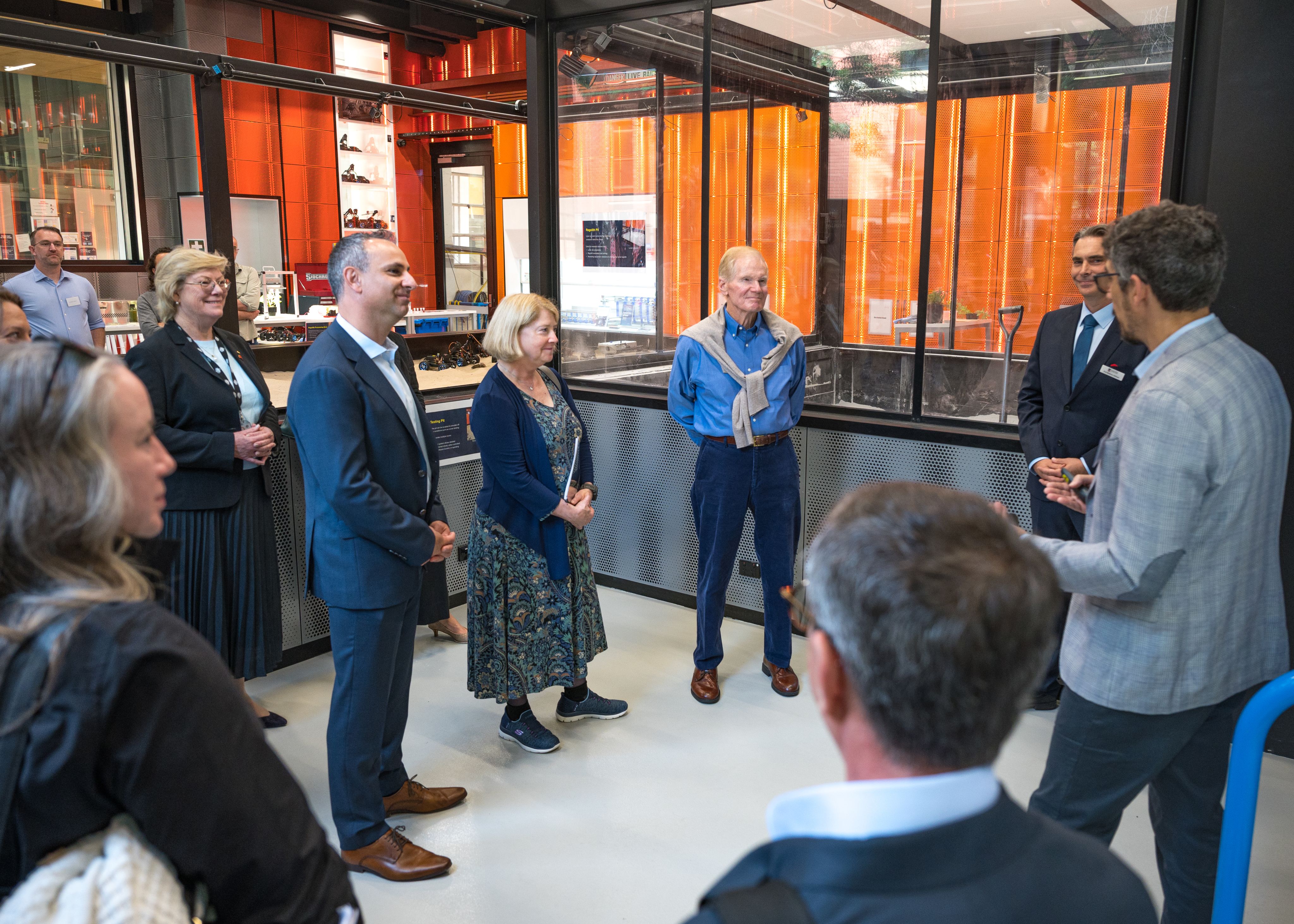
NASA Administrator Senator Bill Nelson visits the Andy Thomas Centre for Space Resources’ Exterres Lab at the University of Adelaide.
NASA Administrator Senator Bill Nelson visits the Andy Thomas Centre for Space Resources’ Exterres Lab at the University of Adelaide.
The University of Adelaide is tackling many aspects of resource utilisation at the Andy Thomas Centre for Space Resources — named after the first Australian to fly in space as a professional NASA astronaut and University alumnus. This Centre focuses the University’s research strengths in exploration, mining, manufacturing, and engineering to address the challenges faced by long term planetary exploration. To do so, multiple globally unique laboratory facilities have been constructed that can simulate both the lunar and Martian surface environments, from initial small-scale investigations on the North Terrace campus, to a full-scale rover yard to be completed later this year at the Roseworthy campus.
The work of the Centre includes designing space technology such as rovers to withstand razor-sharp regolith, and using lunar dust as the base material for bricks to build permanent dwellings on the Moon. This work is attracting attention from other institutions around the world, including the University of Tokyo and the TeNQ Space Museum in Japan, who are building connections with their Australian counterparts.
With Uber Eats yet to deliver to the Moon and taking a packed lunch all the way to Mars being totally impractical, University of Adelaide scientists are at the centre of the global effort to make a long-term presence in space viable.
This content was paid for and created by The University of Adelaide. The editorial staff at The Chronicle had no role in its preparation. Find out more about paid content.



